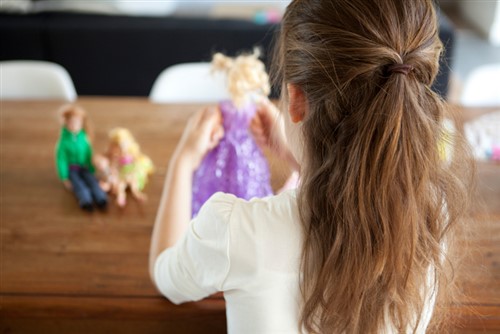
For any teacher observing it in the playground, it seems so natural. Children happily running about, laughing and doing what kids do – playing.
However, compared to some countries, Australia allows relatively little time for its school children to do this during class breaks. This is despite a growing body of research pointing to the academic and social benefits of play.
In his new book, titled ‘Let the Children Play’, Finnish educator, author and scholar, Professor Pasi Sahlberg, argues that “more play will save our schools and help children thrive”.
“Educators and paediatricians both agree that play is important for children’s development and learning,” Professor Sahlberg told The Educator.
However, he said teaching and learning have been heading in the opposite direction: more pressure on effort and achievement for both teachers and students, longer school days and more homework.
“One reason why this is happening in so many places may be what I call the Global Education Reform Movement that is driven by the market logic of completion and choice, standardised solution, and faith in improvement by measuring all possible elements in education,” he said.
“When outcomes don’t seem to improve, the problem is believed to be in inappropriate implementation of this logic. More play has rarely been an alternative remedy for disappointing results.”
On Thursday 5 March, Professor Sahlberg will be keynote speaker at a free public forum on the Power of Play in Nature at The Concourse in Chatswood.
Joining him as guest speaker at the Glenaeon Rudolf Steiner School sponsored forum will be Professor Tonia Gray from Western Sydney University who has devoted the majority of her academic career to examining the interrelationship of people, nature and wellbeing.
She argues that in the last few decades, society has become estranged from the natural world, mainly due to our busy urban lives and our love affair with technological devices.
“Contrary to the belief we Aussies are a nature-loving outdoor nation, research suggests we’re spending less and less time outdoors. This worrying trend is also becoming increasingly apparent in our schools and other educational settings,” Gray said.
This free public forum in Chatswood will consider what schools, and parents, can do to address what US author and researcher Richard Louv has called NDS or Nature-Deficit Syndrome.
Head of Glenaeon Rudolf Steiner School, Andrew Hill, host of the seminar says, “In a time of environmental crisis, it’s even more urgent for our children to build a sense of earth stewardship, a sense of care and responsibility for the planet.”


